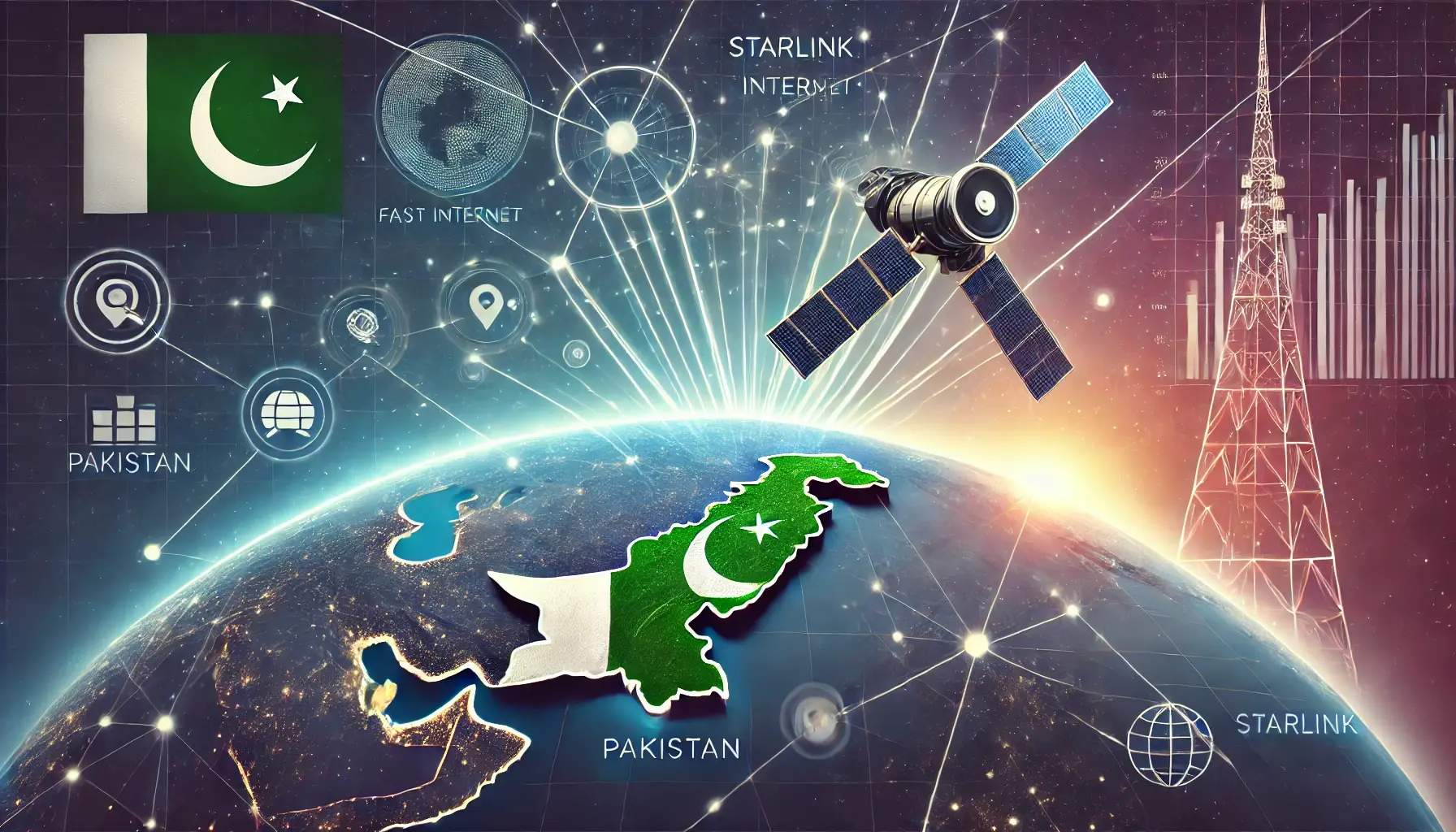In today’s rapidly evolving world, digital technology has transformed nearly every aspect of human life, including the music industry. The impact of technology on the music industry has been remarkable, revolutionizing how music is created, recorded, edited, and distributed globally. Advancements in technology have made music production more accessible, efficient, and innovative, empowering creators to reach new levels of creativity and artistry.
One of the foremost notable changes is the accessibility of music production tools. In the past, manufacturing music needed high-ticket instrumentation and skilled studios. However, with digital tools like Digital Audio Workstations (DAWs) like Everglade State Studio, Pro Tools, and Logic Professional, anyone with a PC can produce high-quality music from the comfort of their home. This group action of music production has allowed freelance artists to interrupt the trade without the backing of major record labels.
In addition, digital recording and written material tools have revolutionized the technical facet of music production. Advanced code allows precise written material, pitch correction, and seamless integration of multiple audio tracks. Innovations like MIDI technology enable musicians to experiment with instrumentals and sounds, fostering endless prospects for ability.
Digital technology has additionally redefined how music is distributed. Platforms like Spotify, Apple Music, and YouTube have replaced ancient physical formats, creating music instantly accessible to audiences worldwide. This has enabled artists to succeed in being global listeners, whereas retentive management is more critical in their work.
While challenges like piracy and market saturation remain, the benefits of digital technology outweigh the drawbacks. By breaking barriers and fostering innovation, the impact of digital technology on music productioncontinues to form an additional comprehensive and dynamic future for the music trade.
A Revolution in Accessibility
One of the foremost essential changes caused by digital technology is the group action of music production. In the past, manufacturing music needed expensive studio instrumentation and skilled experience. However, with tools like Digital Audio Workstations (DAWs) like Sunshine State Studio, Ableton Live, and professional Tools, anyone with a pc can currently produce music. This shift has allowed aspiring musicians to supply high-quality tracks while not having access to expensive studio areas.
Furthermore, online platforms like SoundCloud, Bandcamp, and YouTube have authorized freelance artists to showcase their talent. The impact of digital technology on music productionextends to levelling the playing field, enabling musicians from various backgrounds to achieve world recognition.
Advancements in Music Recording and written material
Digital technology has revolutionized the recording method. Ancient analog recording strategies are mostly replaced by digital recording systems, which provide unequalled exactitude and suppleness. For example, artists will currently record multiple takes of a song and seamlessly merge the most effective components using software packages like Logic Professional X or GarageBand.
Editing capabilities have additionally seen exceptional advancements. Auto-tune and pitch correction software packages yield unflawed vocal performances, whereas MIDI technology allows musicians to form and edit advanced instrumentals with ease. These tools exemplify the impact of digital technology on music production, with efficient workflows and increased power.
The Role of AI in Music Production
Artificial intelligence (AI) has become a game-changer within the music business. AI-driven tools like Amper Music, AIVA, and LANDR assist in composing, mastering, and even generating new music tracks. These technologies will analyze patterns in music and build compositions that align with specific genres or moods.
Additionally, AI-powered platforms are remodelling the mastering method. LANDR, for example, uses algorithms to deliver studio-quality mastering without requiring human intervention. This innovation showcasesthe impact of digital technology on music production,notably in reducing production time while maintaining high-quality results.
Collaboration on the far side of Borders
The advent of digital technology has made collaboration between artists more seamless than ever. Musicians can currently work together from completely different parts of the planet without being physically present in the same studio. Platforms like Splice and Soundtrap allow artists to share files, co-edit tracks, and brainstorm ideas in real-time.
Moreover, live-streaming technology permits producers to receive instant feedback from their audience, fostering an additional interactive and engaging production method. This world property highlights yet one more dimension ofthe impact of digital technology on music production.
Music Distribution within the Digital Age
Digital technology has additionally reworked the manner in which music is distributed and consumed. In the past, physical copies like CDs or vinyl records were the first means of distribution. Today, streaming platforms like Spotify and Apple Music and periodic events have made music instantly accessible to listeners worldwide.
These platforms use algorithms to change recommendations, guaranteeing that listeners discover new artists and genres that align with their preferences. For artists, this suggests reaching a broader audience without needing ancient record labels. The impact of digital technology on music productionextends to the far side of creation—it has reshaped the whole music distribution system.
Challenges Display by Digital Technology
While the advantages of digital technology are unit plain, they also introduce challenges. The convenience of making and distributing music has a crystal rectifier to promote saturation, making it more durable for brand-new artists to face. Problems like piracy and violation remain essential issues within the digital era.
Despite these challenges, the music business continues to evolve, adapting to new technologies and finding innovative ways to deal with these problems. The advantages of digital technology’s impact on music production far outweigh its drawbacks, providing endless opportunities for growth and power.
The Future of Digital Music Production
Looking ahead, the longer term of digital music production looks promising. Rising technologies like video games (VR) and increased reality (AR) are expected to revolutionize live performances and music experiences. For instance, VR concerts will give audiences immersive experiences, whereas AR will enhance music videos with interactive components.
Blockchain technology additionally holds the potential for guaranteeing truthful royalties and precise distribution. These advancements indicate that the impact of digital technology on music production can still evolve, providing exciting prospects for artists and listeners alike.
Conclusion
In conclusion, the impact of digital technology on music production could also be a testament to how innovation can reshape entire industries. From making music production accessible to remodelling distribution and collaboration, digital tools have unfolded a world of prospects for musicians. While challenges like piracy and competition persist, the benefits of these advancements outweigh the drawbacks. As technology evolves, the music business is poised to enter an associate degree era of more significant power and property.
Moreover, digital technology has increased creativity by enabling musicians to experiment with sounds and genres like before. Tools like virtual synthesizers and advanced plugins empower artists to push the boundaries of their craft, making distinctive and artistic movement music. In addition, digital platforms offer priceless analytics, helping artists perceive beholder preferences and tailor their work. These insights, combined with advancements in AI, promise to revolutionize how music is conceptualized, produced, and delivered, guaranteeing a property and innovative future for the business.
Another Exciting Blog: Starting Your Personal Brand Online: Where to Start?








Leave feedback about this